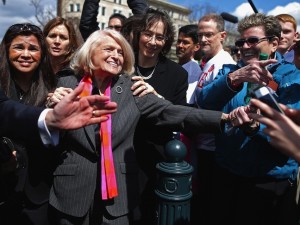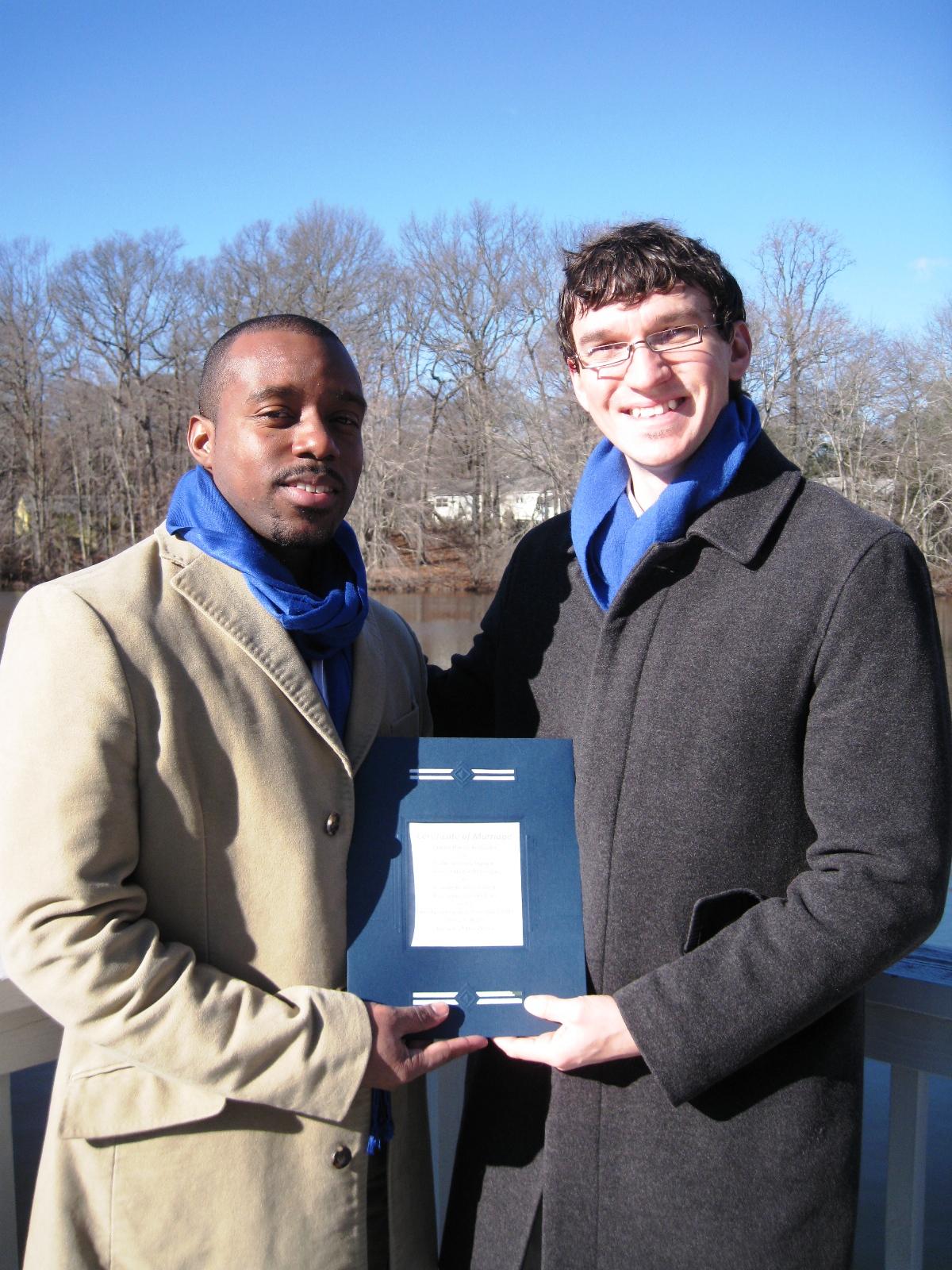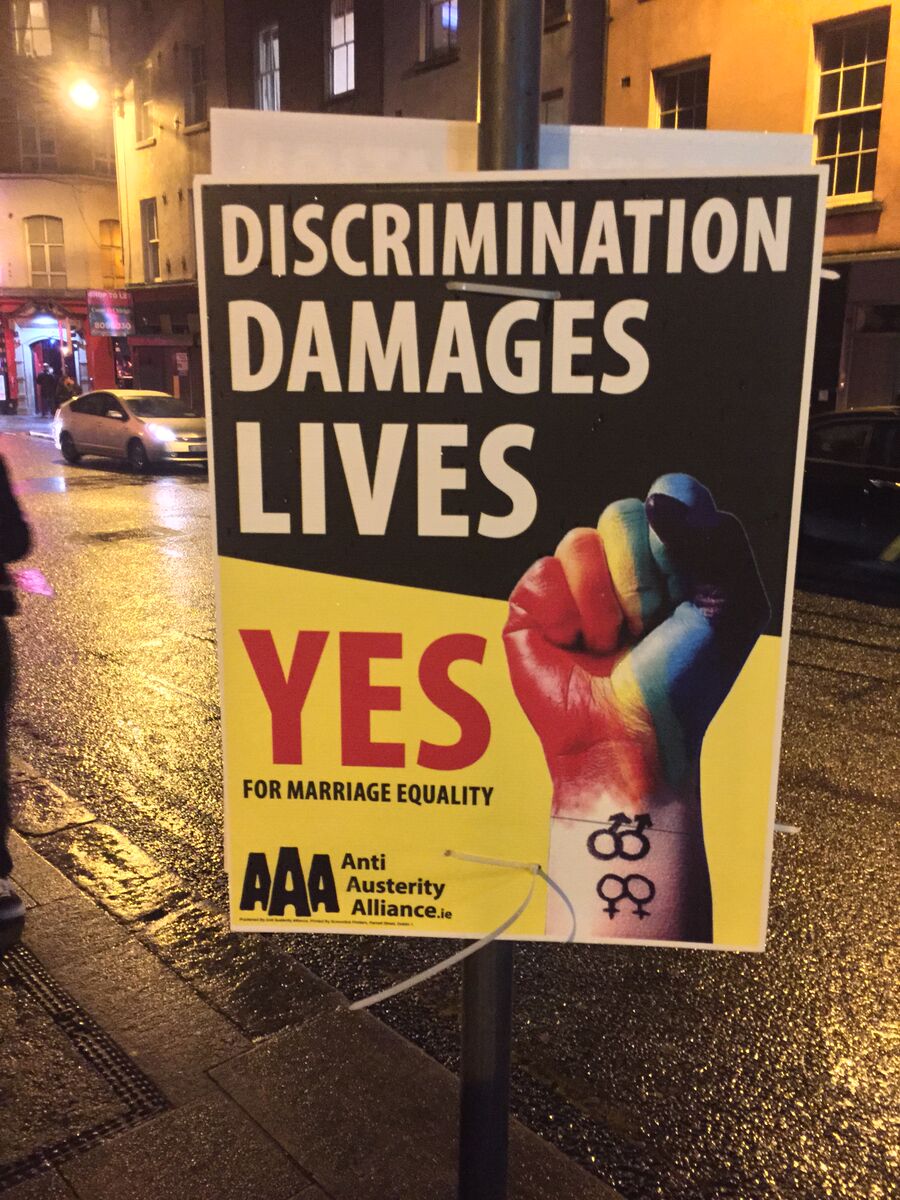
U.S. v. Windsor recognized a proposition with potentially far-reaching effects: the idea that bans on same-sex marriage, which exist in most states, embody constitutionally impermissible prejudice against gays and lesbians. The Supreme Court’s decision is, to be precise, directed at Congress: the Defense of Marriage Act or DOMA—that pre-emptive 1996 law that denied federal benefits to legally married same-sex couples in some future state—was deemed a departure from longstanding principles of federalism. And it was motivated by a desire to disadvantage a politically unpopular constituency.
Since the earliest days of the Republic, the states have decided who can get married. Against this background of settled and differentiated roles for federal and state law, Congress took a bold departure when it declared certain marriages valid under state law to be void for federal purposes. What’s more, the law was enacted solely for the mean-spirited purpose of singling out certain kinds of persons whose marriages, however lawful in their home state, were deemed unworthy of recognition by the federal government.
The idea that same-sex marriage bans reflect animus has wider ramifications. Politicians and citizens who spearheaded initiatives like California’s Prop 8 have long denied that they were hostile to the GLBT community. Confining marriage to opposites-sex couples was merely upholding the tradition as it had been handed down from the ancients. A preference for opposite-sex marriages wasn’t even about “us.” It was all about protecting opposite-sex marriages from—what? We never found out what would happen to them, but somehow their survival depended on keeping out certain undesirables.
What’s more, the people who supported bans on same-sex marriage didn’t typically stop there. Down-the-line, anti-gay politicians in states like Mississippi and Ohio opposed any measures designed to bring GLBT people into equality. They opposed non-discrimination laws, domestic partnerships, protections against hate crimes, hospital visitation rights for same-sex couples, and proclamations honoring celebrations of GLBT Pride in June each year.
Now that there is legal precedent affirming that bans on same-sex marriage like DOMA do indeed violate the equal protection rights of gays and lesbians, it will be much harder for our opponents to argue that some people don’t deserve full equality due to their sexual orientation. The debates in states where same-sex unions were banned have left a paper trail revealing the extent to which anti-gay advocates were intent on inflicting discriminatory burdens on same-sex couples to render them second-class citizens.
Windsor opens the door to broader legal challenges to state laws which are antagonistic to same-sex marriage. The old justifications for bigotry—“love the sinner, hate the sin,” and so on—are now looking increasingly threadbare, as are the underlying motives of anti-gay laws that purport to “protect” or “defend” an institution while defaming a minority of citizens.






